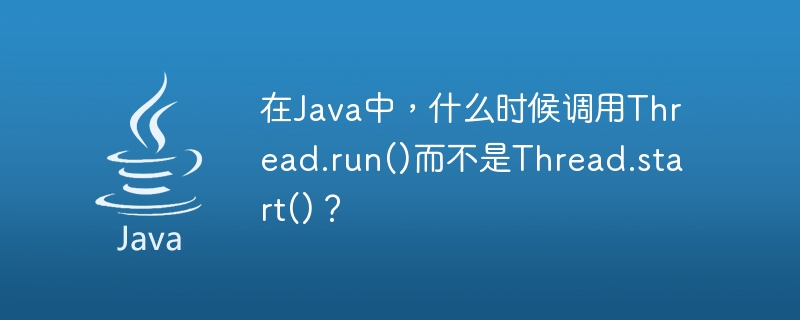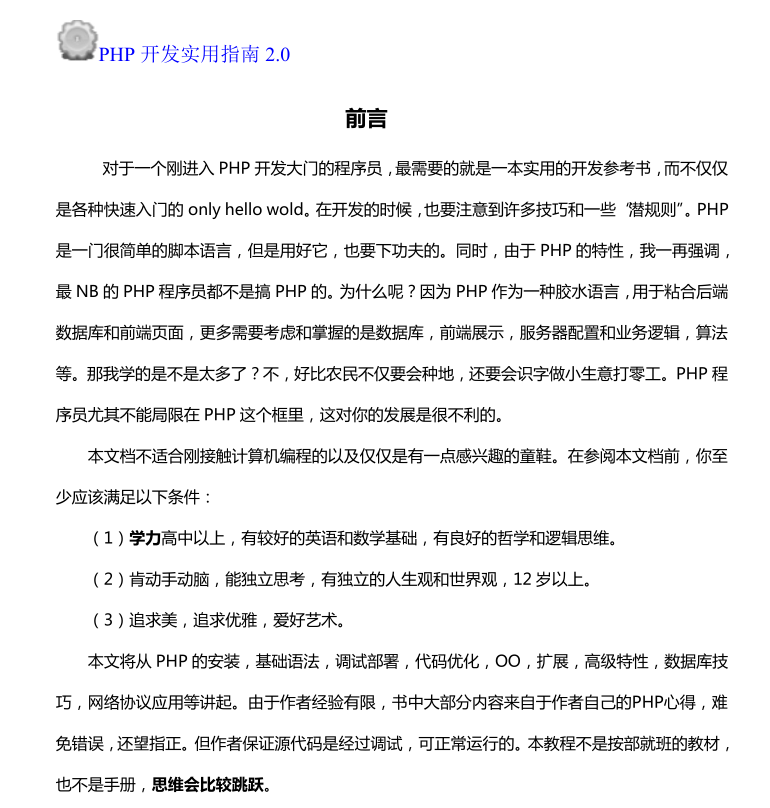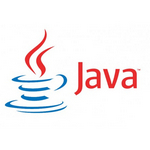
当我们在线程上调用 start() 方法时,它会导致线程开始执行,并且线程的 run() 方法会被调用Java 虚拟机(JVM)。如果我们直接调用 run() 方法,它将被视为线程类(或可运行接口)的正常重写方法,并且它将在当前线程的上下文中执行,而不是在新线程中执行。

对于一个刚进入PHP 开发大门的程序员,最需要的就是一本实用的开发参考书,而不仅仅是各种快速入门的only hello wold。在开发的时候,也要注意到许多技巧和一些“潜规则”。PHP是一门很简单的脚本语言,但是用好它,也要下功夫的。同时,由于PHP 的特性,我一再强调,最NB 的PHP 程序员都不是搞PHP 的。为什么呢?因为PHP 作为一种胶水语言,用于粘合后端 数据库和前端页面,更多需
示例
public class CallRunMethodTest extends Thread {
@Override
public void run() {
System.out.println("In the run() method: " + Thread.currentThread().getName());
for(int i = 0; i < 5 ; i++) {
System.out.println("i: " + i);
try {
Thread.sleep(300);
} catch (InterruptedException ie) {
ie.printStackTrace();
}
}
}
public static void main(String[] args) {
CallRunMethodTest t1 = new CallRunMethodTest();
CallRunMethodTest t2 = new CallRunMethodTest();
t1.run(); // calling run() method directly instead of start() method
t2.run(); // calling run() method directly instead of start() method
}
}在上面的例子中,创建了两个线程,并直接在线程上调用了run()方法,而不是调用start()方法。
输出
In the run() method: main i: 0 i: 1 i: 2 i: 3 i: 4 In the run() method: main i: 0 i: 1 i: 2 i: 3 i: 4



























